Why Help People in Poverty in Other Countries When People Need Help Here?

Our time and resources are finite, yet there seems to be infinite need. We want to be kind to people in poverty and we want to do it wisely. Here are a few things to consider as you struggle through this question for yourself.
Continue Reading ›What Poverty Tourism Gets Wrong
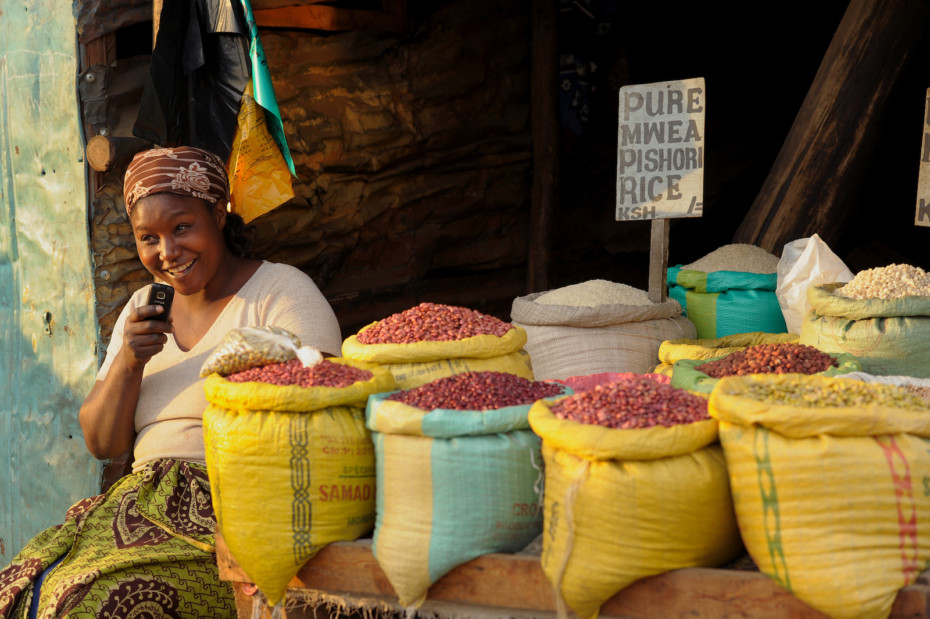
Is poverty tourism just a harmless way to gain insight into what it’s like to live in poverty? Sidney Muisyo explains the underlying and deeply flawed messages that slum tours are based on and can further ingrain in us. He also explains how you can visit an impoverished community in a way that is mutually honoring and beneficial.
Continue Reading ›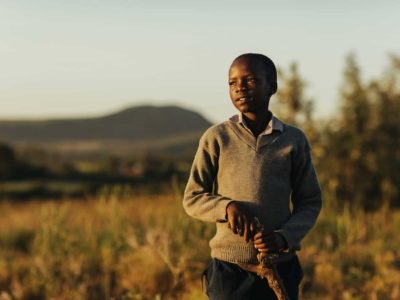
How to Help Orphans in Need: 4 Practical Ways
The Bible instructs us to take up the cause of the fatherless, but how do we do that? Here are four practical ways to help orphans.
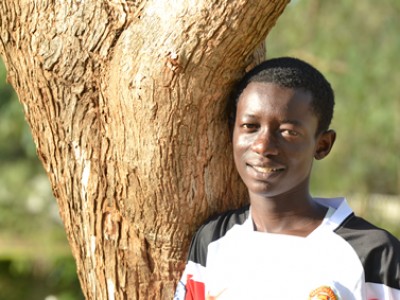
Orphan Definition: What It Means & One Boy’s Story
What is an orphan? Learn what it means to be an orphan and how you can help children in need through one boy’s inspiring story.
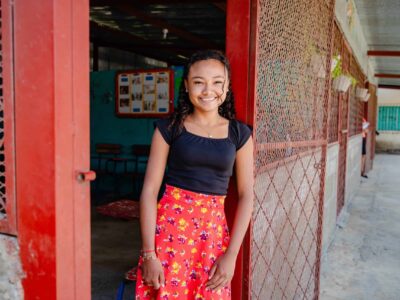
Poverty Affects Children’s Health: Facts & One Girl’s Story
How does poverty affect health? Poverty impacts those in poverty in many ways, including physically, emotionally and spiritually. Learn the facts and what you can do to help here.
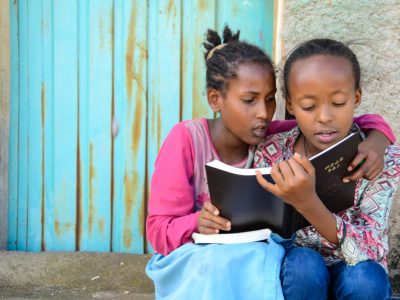
Poverty in the Bible: The Definition of Poverty
Many people and organizations view poverty in economic terms. But does this definition align with how Scripture describes the poor? How does the Bible define poverty?
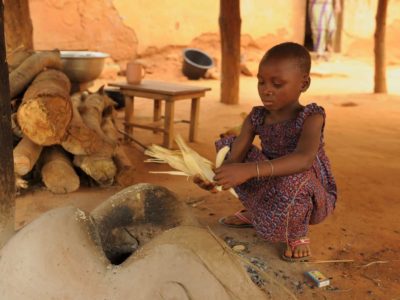
Ashes to Ashes, Dust to Dust: A Hopeful Reminder
We often associate the phrase “ashes to ashes, dust to dust” with death. That’s because the phrase comes from the burial rites in the Book of Common Prayer. This collection of prayer books is used mostly in the Anglican church for communion, marriages and other Christian rites — including burial services and cremations. But a closer look at what “ashes to ashes, dust to dust” means actually reveals a hopeful message about life.
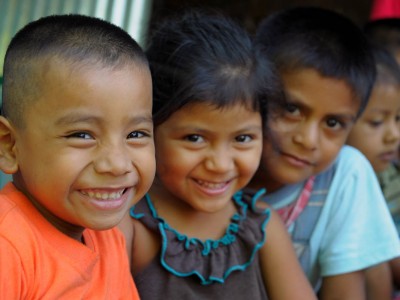
Living in El Salvador: What’s Life Like?
Learn more about what it’s like to live in the smallest country in Central America!
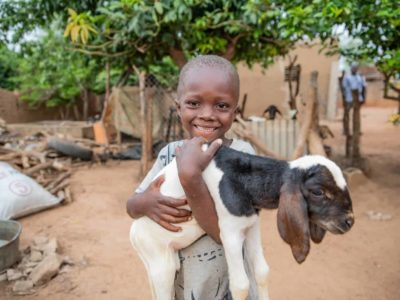
12 Heart-Melting Pictures of Kids With Their Animal Buddies
These pictures of kids with animals are cute, of course. But they also show how animals help people in poverty.
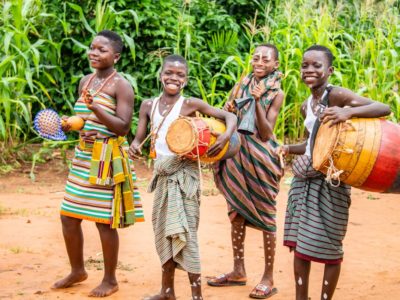
Your Top 5 Compassion Stories of 2021
As editor of the Compassion USA blog, I always love looking back over the previous year to see which articles resonated with you the most. It gives me a chance to reflect on the powerful stories and photos that come from our photojournalists around the world and writers in the U.S. I also get an idea of what type of content to gather and share with you in the year to come. In case you missed them, here were the top stories of 2021 on the Compassion USA blog.
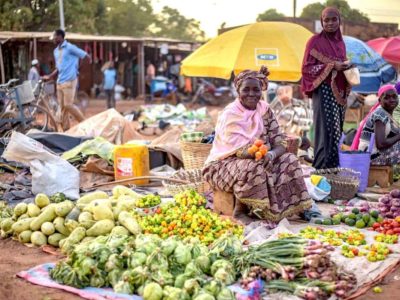
What’s It Like To Go Shopping Around the World?
If you think mall traffic is crazy where you live, you should check out the crowded markets in Tanzania! And you’ve never seen more beautiful produce than at the fruit stands in Burkina Faso. Take a stroll through some of the world’s busiest, most colorful markets and experience the wonder of how people in other cultures go shopping.
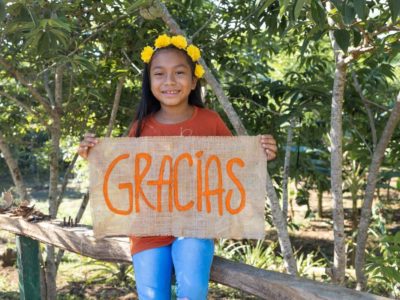
5 Children in South America Share What They’re Thankful For
It’s always so touching to hear what children in poverty feel thankful for. They live with less than most people, but their gratitude overflows. It helps put things in perspective and reminds us to give praise in all circumstances!
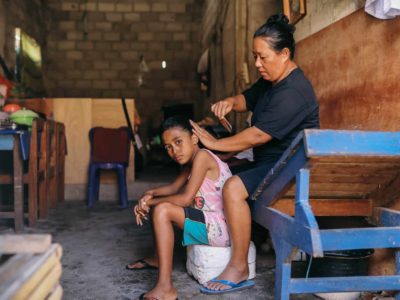
Tough Questions: “What Don’t People Understand About Life in Poverty?”
In Uganda, Olive smiles as a neighbor invites her to a family member’s wedding. But secretly, her heart sinks. She doesn’t own clothes nice enough for the occasion. These days, food is more important than fashion. She hates that her absence will make her look rude. It’s too embarrassing to explain, though.
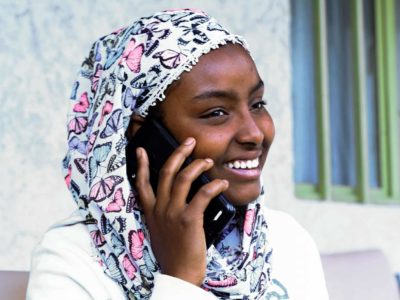
Tough Questions: “Why Do Families in Poverty Have Phones or TVs?”
According to the World Bank, the world’s poorest families are more likely to have access to a mobile phone than a toilet or electricity. As technology advancements reach the most remote corners of the globe, devices like cellphones and televisions are becoming important tools for daily life. They’re also becoming a lot more affordable.


